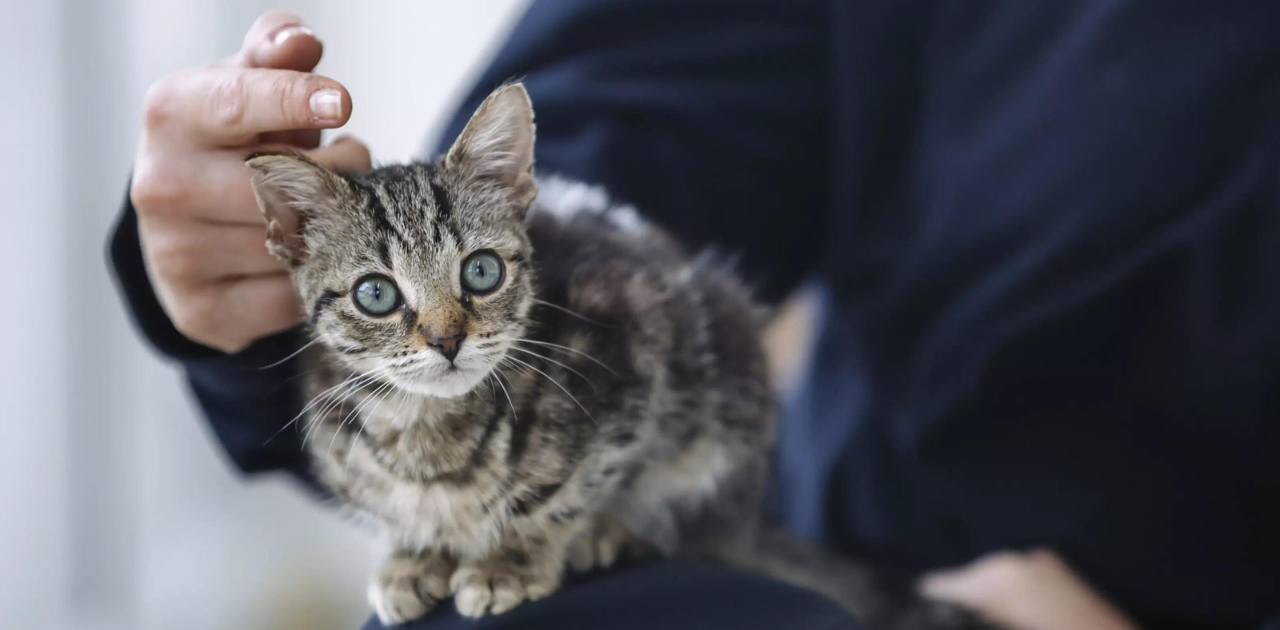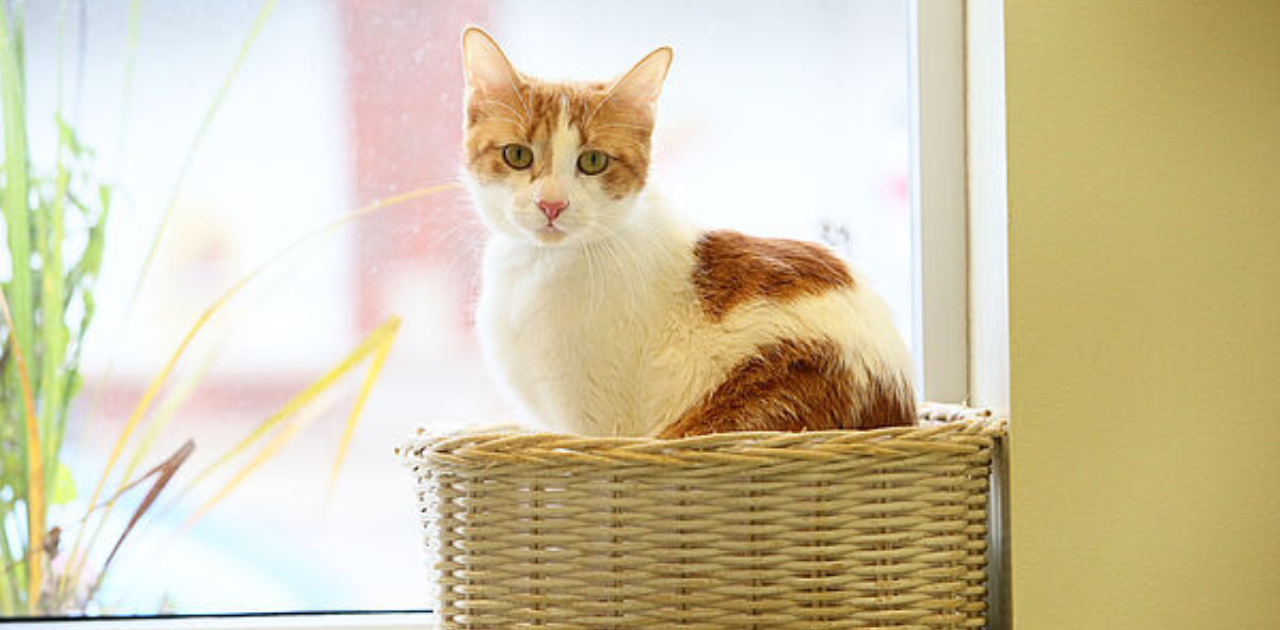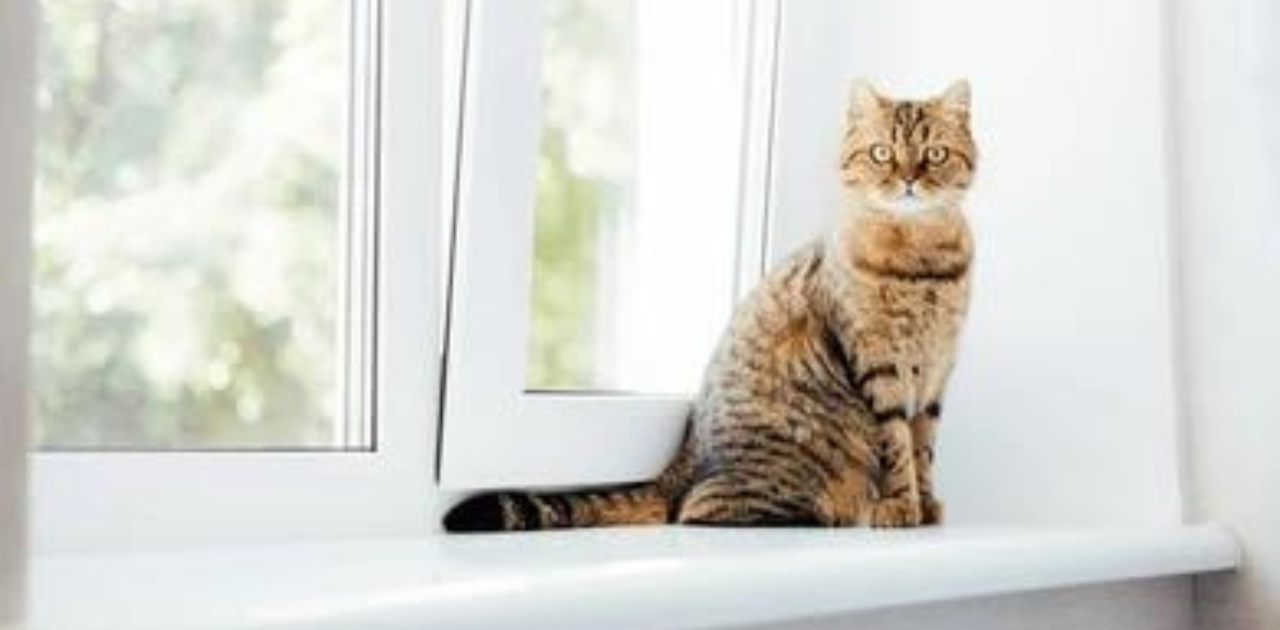
Cat diarrhea is a common problem that is familiar to most cat owners. Many owners get worried when their furry companion is experiencing frequent, soft stools. Infrequent diarrhea can be normal. However constant or severe diarrhea can cause dehydration and several other complications. But recognizing, what may harm your feline friend and what is the treatment, is valuable in keeping your cat healthy.
Cat diarrhea can be caused by several reasons. Cats are very fussy when it comes to their diet, and a sudden change in the type or brand of foods causes discomfort in the stomach. Intolerance to specific ingredients or food allergies can also be one of the root causes of diarrhea. Such triggers should be identified and making gradual alterations to your cat’s diet to avoid diarrhea.
Another common reason for diarrhea in cats is parasites. For instance, worms or Giardia. These parasites can enter through direct contact with water or food or indirectly by contact with a contaminated environment. Other common factors are bacterial, viral, or fungal infections. These can also interfere with a cat’s digestion and cause diarrhea. Additionally, stress like relocation or having a new pet is also a reason for diarrhea in cats. Some medicines may also cause diarrhea as a side effect. Identifying the causes and generally preventing them will help to avoid diarrhea in your cat.
It is important to identify some of the signs in your cat that it has developed diarrhea for early intervention. The major signs of cat diarrhea are loose stools, straining to defecate, being less active, and loss of appetite. The signs of cat diarrhea are indicating poor health such as dry-coated gums and sunken eyes. You may also observe blood in their stools and or mucus. These can be very dangerous symptoms. In such cases, these symptoms should be closely observed to evaluate the intensity of the problem.

You must consult your veterinarian, If your cat’s diarrhea persists for 24-48 hours, there is blood in the diarrhea, and the cat is vomiting, sleepy, and appearing dehydrated. Such symptoms may be a sign of some other severe condition and require the intervention of a health care practitioner. Your vet will perform an initial examination of your pet and may recommend some tests in some cases where necessary to find out what could have caused the diarrhea. It is possible to avoid complications through appropriate treatment by a veterinarian.
The management or treatment of cat diarrhea will depend on the cause of the disease. The vet may advise a change to a simple diet like boiled chicken and white rice for dietary-related diarrhea. The veterinarian will recommend suitable deworming medications In case of parasites. When bacterial, viral, or fungal infections are the cause of diarrhea, treatment for the particular infection is the major option. Your vet may also prescribe probiotics to help replenish good bacteria in your kitty’s tummy. Coordination with your vet will help your cat to recover fast and to the fullest extent possible.
When the cat becomes dehydrated due to cat diarrhea, fluids will be let out. You should ensure that your cat has enough water. Water is crucial for the overall health of your cat. Dehydration causes severe consequences that’s why water should be available to your cat at any time. When your cat has severe diarrhea, your vet may give fluids to counter the problem and help the cat recover quickly. Hydration is the best measure to manage and prevent diarrhea.
There are several steps one can take to prevent diarrhea. New foods should be introduced slowly to the kitten. Keep an eye on your pet’s diet and watch out for any signs of discomfort. Parasites and infections may also cause diarrhea. Thus frequent vet visits to check on the pet. Minimize stress by making sure that the cat can get quality rest in a safe and calm environment. Human or table food causes indigestion in cats so avoid offering it to your cats. Adopting these preventions will assist in reducing cat diarrhea.

Although cat diarrhea is not necessarily an emergency. However, you should not take light to chronic or bad diarrhea. If you know the causes, you are aware of the signs, and know when to seek vet care, you can help to keep your cat healthy. Being proactive in the cat’s health including taking preventive measures and regular vet checkups will contribute to preventing diarrhea, through feeding on a proper diet, regular vet checkups, and minimizing stress. If you have any concerns about your cat’s health it is wise to contact your veterinarian for further advice.
If you are a Cat lover, then this article is for you.
No, cats should not take chocolate. It is toxic to them and results in such symptoms as cat diarrhea, vomiting, increased rate of breathing, and even more severe complications. In the case your cat eats chocolates, you should seek the services of your veterinarian immediately.
Mostly cats with diarrhea should be fed the simplest of foods like unseasoned chicken or turkey, white rice, or a small amount of canned pumpkin. Make sure the presence of water to avoid dehydration. If the diarrhea continues for more than 24-48 hours, then it’s time to consult your vet.
Cats are somewhat punctual and defecate once or twice a day. But this may be different based on their diet, age, or health conditions. Thus, you should note any changes in frequency, color, appearance, or the presence of blood and contact your vet as a priority.
Orchids are not toxic to cats, this means even if the cat consumes the flowers it will not be poisonous to it. But still, orchids may cause slight stomach upset, vomiting, and cat diarrhea.
Felines have a gestation period of approximately 63 to 65 days or about 9 weeks. It’s supposed that these changes may cause pregnancy diarrhea as a result of hormonal changes in the body or stress, food changes, etc.